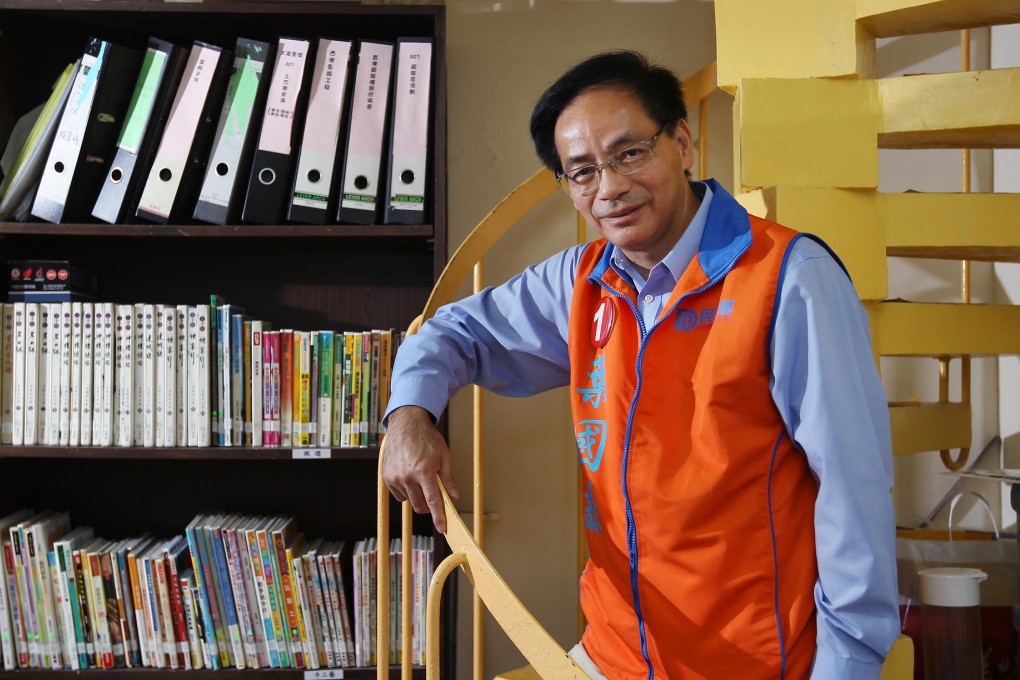A model for keeping trade seats in 2020
DAB's Ip Kwok-him suggests regrouping the functional constituencies and opening them to city's 3.2 million voters

A pro-Beijing lawmaker has said it's unrealistic to expect the functional constituencies would be abolished by 2020, when universal suffrage is expected to be in place for electing lawmakers.
Ip Kwok-him, of the Democratic Alliance for the Betterment and Progress of Hong Kong, outlined an alternative model for the Legislative Council election, one that kept the trade-based seats but also allowed for increased democracy.
Ip suggested grouping the existing 35 functional constituencies into several bigger ones. The city's 3.2 million eligible voters would choose to cast their ballots in any one of the new groups.
For instance, the legal sector, the accounting sector and other relevant sectors could be merged into a new professional sector, which could have five or six seats. The candidates would come from the relevant sectors, and be elected through a proportional representation system, he said.
"Corporate votes would cease to exist and all voters could have two ballots of equal value. I think it fulfils the definition of universal suffrage," he said, adding it was only a preliminary notion and not endorsed by his party.
The central government has approved in principle electing Legco members through universal suffrage after the system is adopted for choosing the chief executive in 2017.